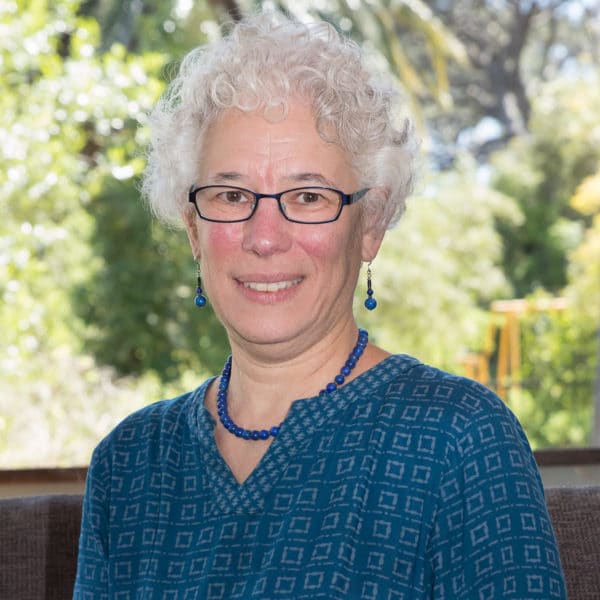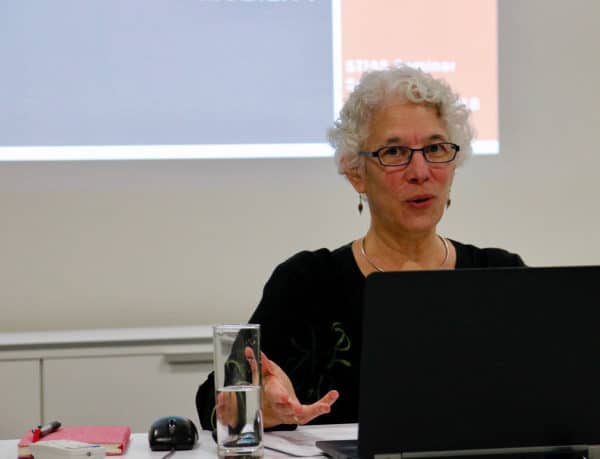In our era of mass migration, understanding migrant families’ efforts to forge and maintain meaningful social and civic ties is more important than ever. Building upon my ethnographic work on Cameroonian migrant mothers in Berlin (Mothers on the Move: Reproducing Belonging between Africa and Europe, University of Chicago Press, 2016), this book project comparatively rethinks immigrant “integration” from the perspective of transnational family obligations and multiple forms of belonging. Integration involves more than speaking a new language, learning new legal forms, or participating in the destination society’s civic institutions. Integration includes regenerating family and civic life within migrant communities—adjusting obligations toward family members in Europe and “back home,” guiding children through school and the transition to adulthood, participating in associational life, and developing emotional and cognitive orientations toward a new land. Because context matters, this project compares data collected from Berlin, Paris, and Yaoundé, Cameroon, to attend to 1) demographic, institutional, and cultural features of destination societies; 2) historical contingencies; 3) the affective and transactional nature of children and young adults’ ties to their immigrant parents and their countries of origin.
Menu
Share this project:
Share on whatsapp
WhatsApp
Share on email
Email
Share on facebook
Facebook
Share on twitter
Twitter
Share on linkedin
LinkedIn
Is any information on this page incorrect or outdated? Please notify Ms. Nel-Mari Loock at [email protected].


